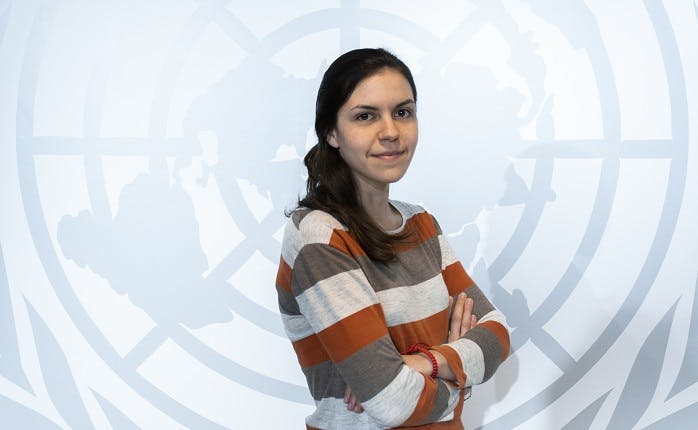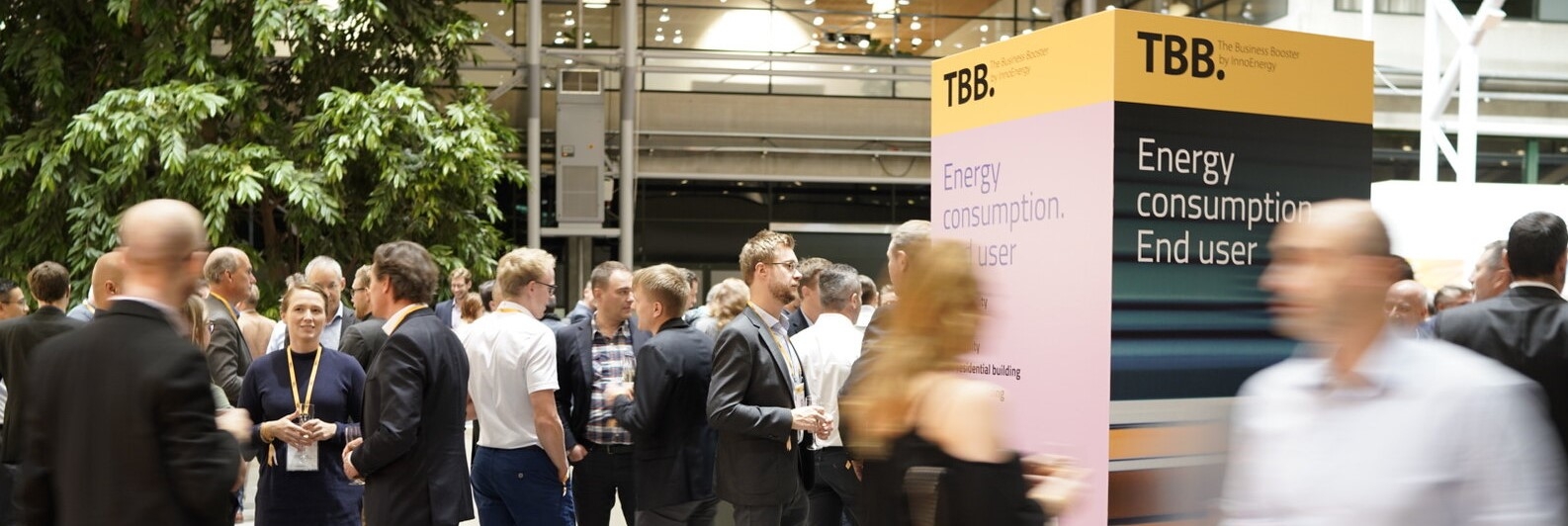InnoBlog: Working at the United Nations

All EIT InnoEnergy Masters students have to complete mandatory Master’s thesis or internship as part of the Masters curriculum. While several choose the corporate track, there are always students choosing to work for governmental organisations, NGOs etc as part of the Master’s internship. In this article, I have interviewed Miriam Peñarroya Esteve, a second year MSc. Renewable Energy student, who is currently working the intergovernmental organisation, United Nations Development Programme (UNDP) in Copenhagen, Denmark. Miriam chose to take this path as she wanted to experience working at a place where social and environmental benefits are of utmost priority.
How did EIT InnoEnergy prepare you for this role?
I think the main benefit from EIT InnoEnergy has come from the communication skills that I gained throughout my education: how to deal with projects involving several stakeholders, how to communicate with them and how to look for financing opportunities. The last is very important as project funding is one of the main challenges we experience in UNDP. Of course, the technical skills I picked as part of my Master’s curriculum were useful when dealing with projects including renewable sources, electrical distribution networks and energy storage. However, it is the networking skills that were very useful for me, as open and transparent procedures need to be used when looking for partnerships with private companies.
Tell us a bit more about your role at UNDP
I am a Green Energy Support Engineer in UNDP. My main job is to manage green energy projects in developing countries, where UNDP provides assistance. These projects have a high potential of socio-economic development of the region. The projects in my scope include mini grids, PV and PV-hybrid power systems, energy efficiency missions as well as training end-user training for optimal usage of equipment. My job has been very flexible so far, I have been dealing with projects in primary phases, where perform energy consumption analysis, in intermediate phases, which involves design and installation of systems, and in final phases, where operation and maintenance management services are performed.
Has this been a fulfilling experience?
It has been a lifetime experience for sure. With many hours of work, high pressure and high responsibility, I would say it is not the regular internship you usually expect. However, the sources are limited, as the operations of the organisation are highly dependent on the funding available, and thus the interns are key for the development of the institution. Nevertheless, after all it has been an amazing experience, and I would recommend it to anyone willing to make a contribution towards a sustainable and socio-economic development in the developing countries.
Any encouraging words for future students who want to take this path?
I must say it is difficult. Money creates jobs, and thus the private sector offers the highest numbers of opportunities in all the environments for sure. Additionally, organisations such as the UN look for highly experienced professionals, used to working in similar environments. However, internship opportunities are common, which can be highly demanding but very suitable to learn how to manage projects in the most difficult environments and circumstances. Finally, I would say that the EIT InnoEnergy profile is very appealing for such opportunities, as we come with a big international mindset and deep technical knowledge obtained as part of our course.

